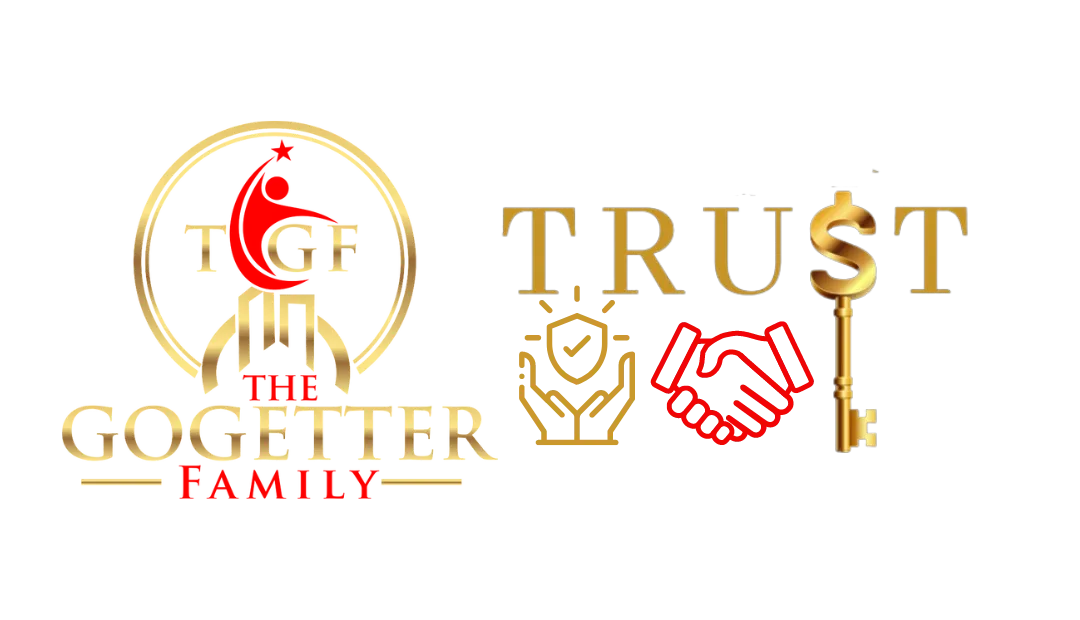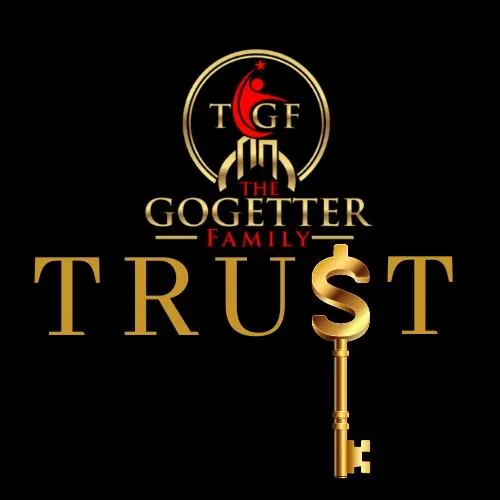Types of Trusts
Land Trusts – Ideal for Holding Title and Protecting Privacy

Primary Purpose:
A Land Trust is a specialized trust designed to hold the title to real estate while protecting the owner’s privacy. It’s beneficial for anyone who wants to keep their ownership details confidential and streamline the process of transferring property.
Privacy and Anonymity:
When real estate is titled in a Land Trust, the owner’s name remains off public records, which helps shield their identity from public view, potential creditors, or unwanted attention. This added layer of privacy is especially useful for those who want to reduce visibility and protect their personal information.
Ease of Transfer:
A Land Trust simplifies the process of transferring beneficial interest in property without changing the title on public records. This makes it easy for owners to transfer or sell their interests privately, which is beneficial in joint ownership or partnership situations.
Protection from Liens:
Because the owner’s name isn’t on the title, it becomes harder for creditors to attach personal liens to the property, offering an extra level of financial security.
Personal Property Trusts – Ideal for Protecting Valuables and Personal Assets
Primary Purpose:
A Personal Property Trust is designed to hold title to valuable personal assets, offering privacy and protection for items that aren’t real estate but are still significant in value—such as vehicles, collectibles, jewelry, financial accounts, and other personal property.
Privacy and Confidentiality:
By placing assets into a Personal Property Trust, the owner’s name is kept off public records, which provides privacy and reduces the chance of targeted claims or legal actions. This is especially beneficial for individuals who wish to protect valuable personal items from visibility.
Protection from Legal Claims:
Personal Property Trusts create a layer of separation between the owner and the asset, making it more challenging for creditors to pursue these assets directly. This provides an extra level of security for individuals who want to shield personal property from potential liabilities.
Ease of Transfer:
A Personal Property Trust simplifies the transfer of ownership for personal assets. It allows the trust to transfer these assets smoothly to beneficiaries, which can be particularly useful for high-value items intended to be passed down to family members or loved ones.
Control Over Usage and Access:
By holding assets in a Personal Property Trust, individuals can specify how and when beneficiaries may use or access these items. For example, a parent might set conditions for an heir to inherit or use a vehicle or financial account, ensuring assets are managed responsibly.
Enhanced Estate Planning:
Including a Personal Property Trust in an estate plan allows for a smoother, more private transition of personal items, bypassing probate. This ensures that personal property is passed down according to the individual’s wishes, without public exposure or delays.

Living Trusts – Essential for Estate Planning and Seamless Wealth Transfer

Primary Purpose:
A Living Trust, also known as an Inter Vivos Trust, is a cornerstone of estate planning that allows individuals to manage and distribute their assets during their lifetime and specify exactly how those assets will be transferred upon death, all without going through probate.
Avoidance of Probate:
Assets held in a Living Trust bypass probate, allowing for a direct, private transfer to heirs without the delays, public exposure, or fees associated with probate court. This ensures a smoother transition and quicker access for beneficiaries.
Tax Planning and Asset Consolidation:
A Living Trust can also be structured to reduce estate taxes and simplify the management of multiple assets. By consolidating assets into one trust, individuals make it easier for successors to manage their estate, especially when high-value or complex assets are involved.
Control Over Distribution:
A Living Trust allows individuals to control when and how beneficiaries receive their inheritance. For example, they can specify conditions, such as distributing assets only once a beneficiary reaches a certain age or establishing guidelines for management. This ensures that assets are handled responsibly and in line with the grantor’s wishes.
Personal Property Trust as the Managing Member of an LLC – Enhancing Privacy and Liability Protection
Primary Purpose:
Using a Personal Property Trust as the managing member of an LLC provides an extra layer of privacy and asset protection. By having the trust hold the LLC membership, individuals can further shield their identity and insulate personal assets from business-related liabilities.
Privacy and Anonymity:
When a Personal Property Trust is the managing member of an LLC, the trust’s name, rather than the individual’s, appears on public records, which protects the owner’s identity and maintains confidentiality. This setup is ideal for those who wish to keep their business interests private, reducing exposure to potential claims or unwanted attention.
Enhanced Liability Protection:
Holding the LLC membership within a trust creates a barrier between personal assets and the business, further safeguarding personal wealth from any legal claims or debts arising from the LLC’s activities. This structure adds another layer of protection, making it harder for creditors or litigants to access personal assets.
Seamless Succession Planning:
With a Personal Property Trust as the managing member, ownership and control of the LLC can transition smoothly upon the owner’s death or incapacitation, without probate. This means business operations can continue without disruption, providing stability for both the business and its stakeholders.
Tax Efficiency and Simplification:
By using a Personal Property Trust as the managing member of an LLC, individuals may also achieve certain tax efficiencies depending on the jurisdiction and structure. This setup can simplify asset management and estate planning by consolidating the control of business interests within a single, protected trust.

Business Trusts – Optimal for Operational Control and Liability Protection

Primary Purpose:
A Business Trust is a flexible structure for managing business operations and assets, offering individuals and business owners an added layer of liability protection and operational control.
Limited Liability for Business Activities:
With a Business Trust, the trust holds the business assets and operates the business, effectively creating a separation between personal and business liabilities. This setup protects personal assets if any legal issues arise from the business’s operations.
Operational Control:
A Business Trust enables owners to retain control over business operations while creating a clear boundary between personal and business assets. This setup is especially useful for those who may want to delegate specific tasks to trustees or managers while keeping authority over major decisions.
Flexible Succession Planning:
Business Trusts provide flexible options for succession planning. Owners can appoint successor trustees or managers who will oversee business operations if the owner passes away or becomes incapacitated, ensuring seamless continuity.
Tax Advantages:
In certain jurisdictions, Business Trusts may offer tax benefits, such as deferring taxes or qualifying for specialized tax treatment. Individuals should work with tax professionals to explore how a Business Trust might maximize these benefits.
